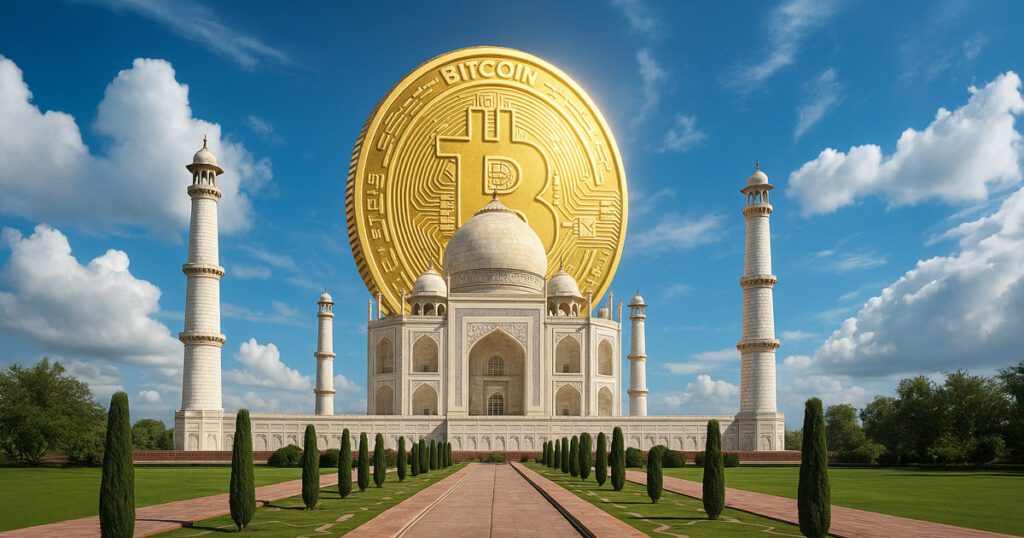A senior figure in the power party of Bharatiya Janata (BJP) of India has called on the country to consider integrating Bitcoin into its official reserve strategy.
On July 26, Pradeep Bhandari, spokesperson for the BJP, encouraged Indian decision-makers to adopt a measured approach to Bitcoin, suggesting that even a small-scale pilot program could strengthen India’s economic resilience and align the country with emerging global trends.
According to him:
“India is at a central time. A measured bitcoin strategy – perhaps a reserve pilot – could strengthen economic resilience and the modernity of the project. ”
The statesman underlined the growing popularity of Bitcoin, in particular after the decision of the United States to establish a strategic reserve.
Bhandari also underlined neighboring Bhutan as an example of how countries can take advantage of the internal resources to engage with digital assets. Bhutan uses its renewable energy capacity for Bitcoin extraction and has increased its cryptographic holdings without making direct purchases.
According to Bhandari, India could follow a similar model and reduce its dependence on foreign markets while improving budgetary self -sufficiency.
He wrote:
“India, with its renewable energy capacity, at the full capacity scale to adapt this model, although the scale and the regulations pose distinct challenges. Bhutan’s success suggests that digital assets can stabilize savings, a point to consider. “
Given this, Bhandhari stressed that India does not need to rush into large -scale adoption but could launch a controlled pilot program. This would allow decision-makers to study the impact of assets while demonstrating a modern and avant-garde approach to global finance.
Calls for cryptography regulations
Beyond the reserve strategy, Bhandari underlined the need for India to develop a regulatory framework for complete cryptography.
Although India is currently taxing digital assets, clear laws governing their use and integration in the wider financial system.
According to Bhandari, this regulatory gap puts India in a disadvantage compared to countries like the United States, Russia, Brazil and China, which have already progressed in the development of national cryptography policies.
He argued that the regulations should evolve alongside innovation, not lagging behind. A well-defined framework, he said, would protect not only investors, but would also solidify the position of Bitcoin in the future economic roadmap of India.
Bhandari also underlined the recent classification of bitcoin of the International Monetary Fund as a capital, arguing that this global recognition reflects the need for India to act in a decisive and strategic manner.





